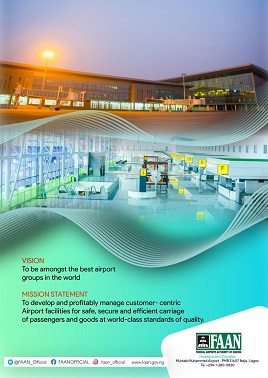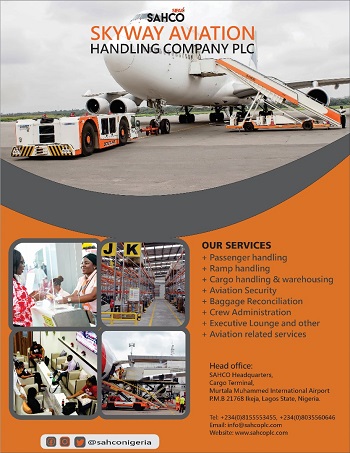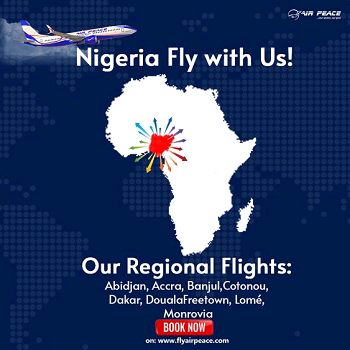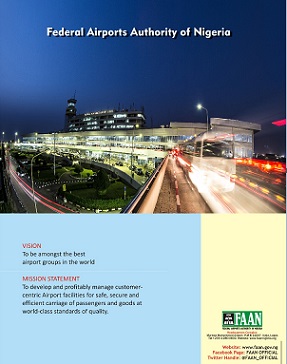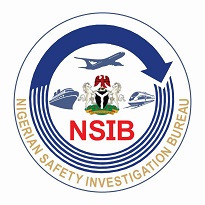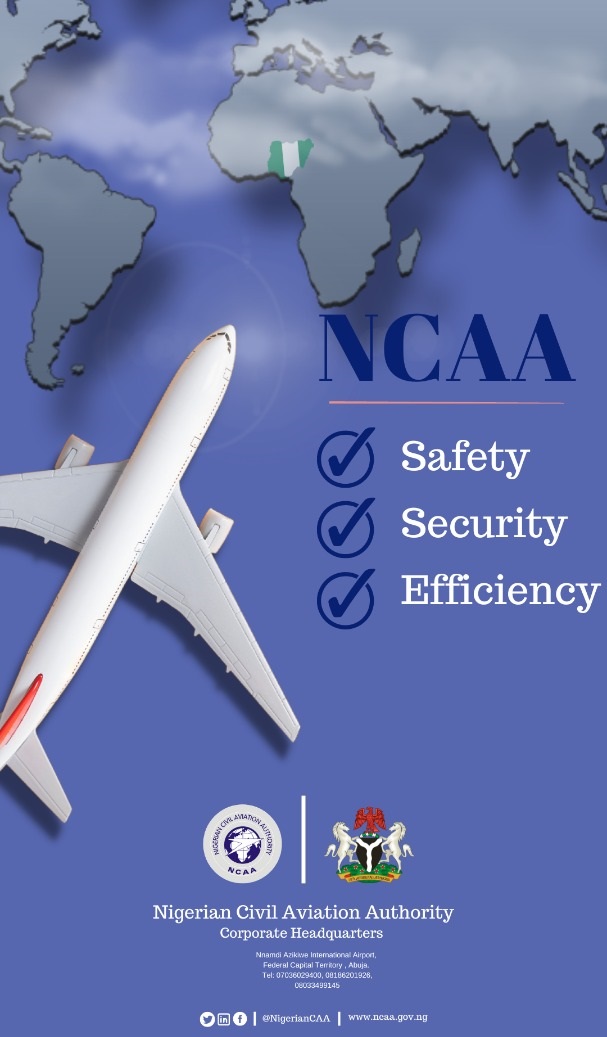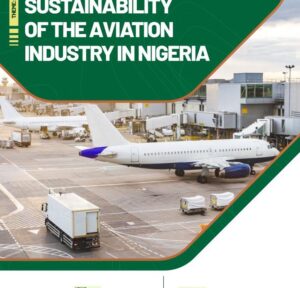
- FNAC2023
Players in the aviation industry in Nigeria have been urged to develop team spirit among themselves for the sustainability of the industry.
Speaking at the second edition of FAAN National Aviation Conference (FNAC ’23) held at International Conference Centre, Abuja on Monday, knowledgeable industry experts positioned that when players – regulator, service providers and other stakeholders cooperate, collaborate and strategize among them and jettison fragmentation, which has kept the industry stagnated for a very long period, aviation industry in Nigeria would be sustainable resulting in high returns on their investments.
In his welcome address at this year’s edition of the annual event themed: “Sustainability Of The Aviation Industry In Nigeria, the Chief host and Managing Director FAAN, Capt. Hamisu Rabiu Yadudu said the concept, “Sustainability” in this year’s theme connotes progress, endurance, stability, capacity and consistency.
Yadudu who identified three models of sustainability as economic viability, environmental protection and social equity, said: “It has been established that sustainability can only be achieved through collaboration, control, communication and commitment.”
Yadudu who identified enforcement as the topmost challenge in the industry however called for attitudinal change among industry players.
“the biggest challenge in the industry is enforcement of compliance. The regulations to achieve sustainability are already there but that there was need for attitudinal change and enforcement,” the Chief Executive Officer at FAAN said.
Making his contributions to the discussion on sustainability of the aviation industry in Nigeria, Director General, Civil Aviation, Nigerian Civil Aviation Authority (NCAA), Capt. Musa Nuhu who identified social, environmental and economic as three pillars of sustainability, said the Nigerian Civil Aviation Policy (NCAP) was under review and when completed, would provide a strategic vision for the industry.
Nuhu added that NCAA had developed an ICT and Cyber security policy and which every aviation agency was required to emulate.
The Chief regulator who debunked the general notion that NCAA is the police of the aviation industry in Nigeria, insisted that the agency is a partner in progress to every player in the industry.
In his submission at the Conference representative of Airline Operators in Nigeria (AON) and Chief Executive Officer, Top Brass Aviation, Captain Roland Iyayi noted that the policy that requires all airlines to be licensed with the same criteria should be reviewed.
He suggested that if airline licensing are in three categories; airline in each category would be able to concentrate on their models and run their businesses sustainably.”
He however reiterated the call for review of taxes, fees and charges which he claimed are formidable threats to the sustainability of the sector.
Iyayi identified the third threat to the sustainability of the industry as political interference. He noted that the manner with which government wants things done in the industry even when such things would not make positive contribution, should cease. The AON representative therefore insisted that every commercial issue should be left as Commercial without being turned political.
Also speaking at the panel session the Acting Managing Director of Nigerian Airspace Management Agency (NAMA), Mr. Lawrence Matthew Pwajok said the agency’s investment navigational and surveillance equipment across Nigerian airspace is part of the effort to sustain the industry.
Pwajok noted that doing, this would not only enhance safety but reduce airlines’ cost of operations and results in sustainability.
In his opinion, President of Airports Council International (ACI), Africa, Emmanuel Chavez, who who submitted that for an airport to be sustainable it must hit one million passengers mark, however expressed his disapproval on how industry players in Africa embrace fragmentation instead of strategy to ensure sustainability. He equally expressed his disappointment that Nigeria, despite its huge resources has only one big airport when compared to what is obtained in South Africa.
He said: “There has to be concentration on strategy rather than fragmentation.”
The ACI boss therefore suggested merger among airline operators in Nigeria since this is what obtained in other climes where companies that have more than 200 aircraft in their fleets are merging, strategising and cooperating.
Chavez wondered why Nigerian airlines, with the biggest airline, having 40 aircraft in its fleet, cannot try similar strategy.


